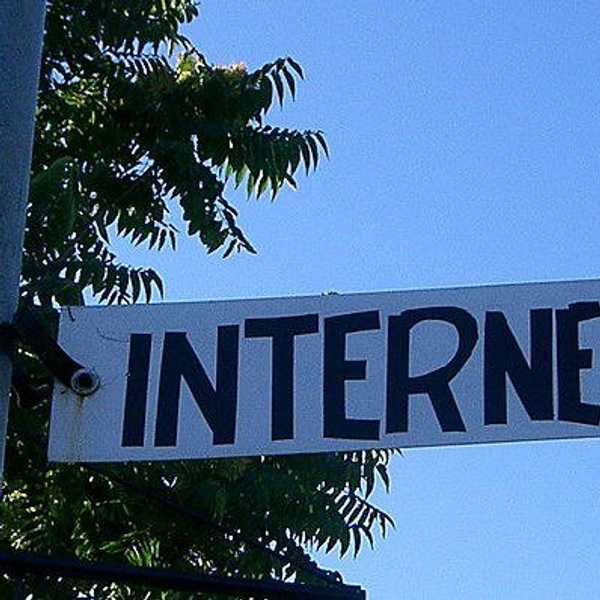By far the simplest form of content on the Internet is the listicle. These shining gems of literacy are produced by anyone with even a tincture of ability for hack writing in them. Just as with porn, their video counterpart in crowding the Internet, listicles are made by amateurs who never seem to get the right shot. But -- to run with the comparison a little further -- they are an immediately eye-catching way for a viewer (voyeur) to get their fix.
The point of a listicle is its cheapness. A site wants to issue pieces that attract high amounts of traffic so its profit dividends go up. And the most effective way on the Internet -- a multiplicity of pop-ups, hyperlinks, unopened tabs, buried caches of bookmarks, GIFs, memes, and so on -- to catch the viewer's ever-shrinking attention span is producing very easily digestible content. Hence, there is content, but little substance.
For good examples of listicles you can go no further than this website -- or BuzzFeed. What you will likely notice after spending hours linking from 29 People Who Know How Much Pizza Matters to Planet Earth to 17 Signs You're Actually the Grinch to 11 Things People with Anxiety Want You to Know, greedily sucking at the tidbits of information we're hardwired to desire, is that you have been doing effectively nothing. In fact, worse than nothing: you have gained superficial knowledge about insignificant things.
What listicles do is the exact opposite of what reading an article is supposed to, which is to make you think. What makes them easily consumed is also what leads to a severe lack of cogitation -- or any real benefit derived from reading. If anything, most listicles are harmful in that they promote bad reading habits, which make for bad writing habits, reward poor, empty-calorie writing over nutritional, substance-filled content, and encourage click baiting.
The mental state of catalepsy maximally required by listicles is representative of a broader trend in our consumer society. Our minds are more geared towards meaningless consumption of entertainment than matters of higher quality and importance. What is worrisome is that, by and large, the demographic that reads these is teenagers and 20-somethings. I know we have been raised in a culture of frivolity and entitlement, but we cannot allow this to be what occupies our screens and our minds. This is too crucial a time to be spent reading or writing such disengaged drivel.





















